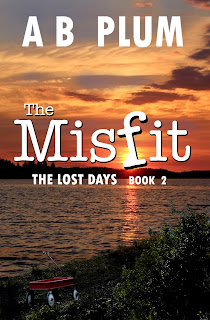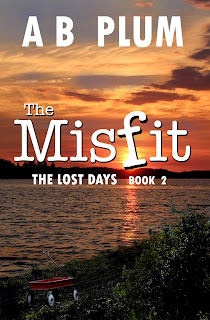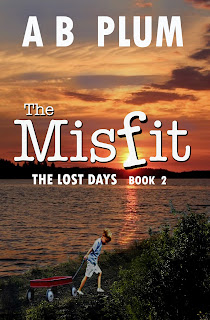NO LONGER A TEXTING VIRGIN
By AB Plum
Once, long ago in a faraway galaxy, I vowed never, ever, under any circumstances would I text.
Keeping that oath proved easy for a long time. I secretly felt a kind of snobbish pride for refusing to follow the herd. Hey, I knew friends who bragged they texted in bed before going to sleep. Some claimed they texted in their sleep. One friend crossed the street without looking either way, stepped in a pothole, and broke her ankle while texting.
Yes, I loudly—indiscreetly—disdained dependence on “electronic pacifiers.” I swallowed judgments about addictive behaviors.
Of course anyone who’s ever sworn such pledges or scorned similar vices—er, I mean, behavior—knows what’s coming.
Just desserts. Punctured pride. Public confession.
Earlier this summer, I chatted face-to-face with a young tekkie about helping me create a video for my Amazon author page. We worked out several details about communicating. I thought I made clear my preference of email rather than by phone or text. I thought she agreed. She left, and I shot off an email with a summary of our agreement.
No return message the next day gave me pause. Day Two, I found four texts from her.
I could’ve called—except she’d told me she hadn’t set up her voice mail and rarely answered her phone because she and her friends texted.
Continuing to email her made little sense.
So, I put my thumbs to keyboard. Human thumbs are amazing digits—necessary for all kinds of tasks requiring dexterity. Some evolutionary biologists suggest our thumbs may have helped the brain develop. I hope not. My thumbs definitely failed to expand that part of my brain required to master those infinitesimally tiny keys on my cell phone.
Cursing and stamping my foot didn’t help. Pep talks about my fast typing skills never sparked—let alone fired—a single neural synapse. Gritted teeth hurt my jaw, but I finally took a deep breath.
After repeated tries—I refuse to specify how many tries constituted repeated—I managed to type Ck email pls. My thumbs throbbed. I pressed SEND, pumped my hand in the air, and vowed, “Never again.”
Seconds later, my tekkie assistant texted, “Cmptr unavbl. bad time to tlk. pls txt me.”
Numbers to set the time of day for another consult, I quickly discovered required far more dexterity than letters of the alphabet. But … there’s a tradeoff. Forget wasting time on spaces. Or paragraphs. Capitals, commas, and spelling? Hang-ups from formal writing. Unnecessary in casual speech—which is what texting really is.
Over the next hour, I texted a total of three short—very short—messages. But my texting efforts came to nothing. My tekkie assistant informed me she was leaving town the next day and couldn’t take on my video project after all. She closed with an emojican I interpreted as relief vs regret.
Okay, I’ve lost my texting virginity, but my texting days are behind me. Honest. Instead, I’m putting my energy into goat yoga.
*********** When she’s not practicing goat yoga or commenting on texting, AB Plum writes dark, gritty psychological thrillers in the heart of Silicon Valley. Since no texting is required for publication of her MisFit Series, Book 2, The Lost Days is scheduled on August 15.
Sign up here for your free copy along with some exclusive content.








